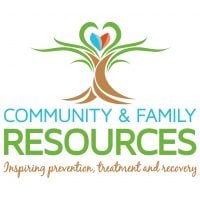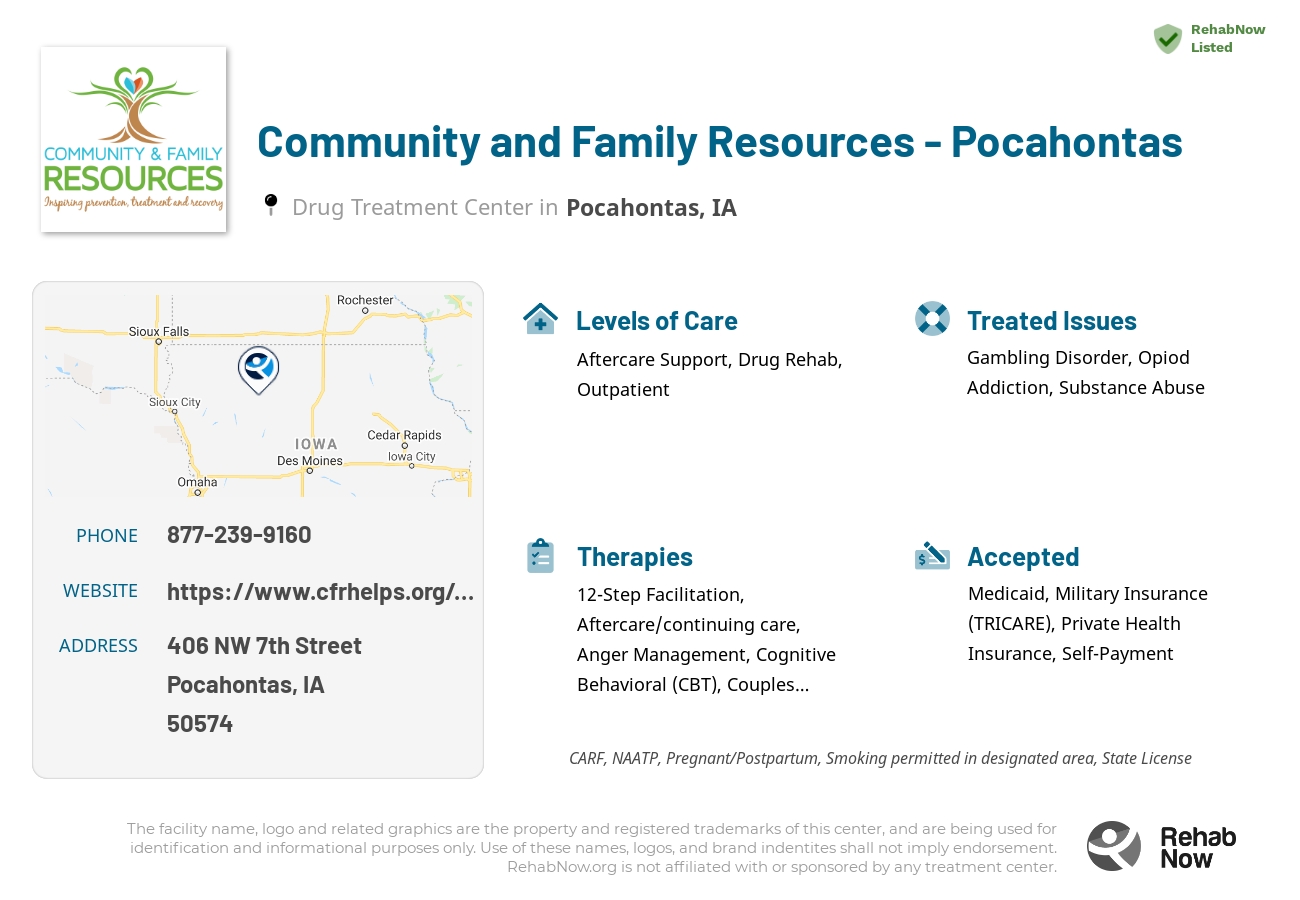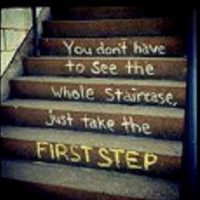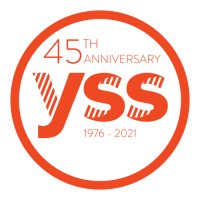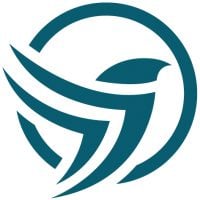Community and Family Resources - Pocahontas
Drug Rehab Center in Pocahontas, Iowa
Community and Family Resources - Pocahontas is a comprehensive addiction and mental health treatment program located in Pocahontas, Iowa, offering both inpatient and outpatient services with a focus on achieving long-term sobriety and mental health stability through evidence-based practices and professional support.
About Community and Family Resources - Pocahontas in Iowa
Community and Family Resources - Pocahontas is a comprehensive addiction and mental health treatment program located in Pocahontas, Iowa. Offering both inpatient and outpatient services, this facility provides individualized and holistic care for adults 18 and over who are struggling with addiction and mental health issues. The focus of treatment is on helping individuals to achieve long-term sobriety and mental health stability through evidence-based practices, professional support, and a safe, nurturing environment.
At Community and Family Resources - Pocahontas, there are various treatment programs designed to meet the needs of those struggling with addictions and mental health issues. Treatment approaches include cognitive-behavioral therapy, 12-Step support, trauma-focused therapy, and family therapy. Additionally, the facility offers a variety of programs to support clients in their recovery, including individual recovery planning, relapse prevention groups, and medication-assisted treatment.
Community and Family Resources - Pocahontas is an accredited program and holds a license from the Iowa Department of Public Health. The facility also has received a three-year accreditation from the Joint Commission, a national accreditation organization for health care providers, and has been recognized as a Top Performer in Quality Care by the National Committee for Quality Assurance. The treatment center also has a comprehensive aftercare program designed to help individuals transition back into their home communities and maintain their sobriety.
Genders
Ages
Modality
Additional
Accreditations
State License
SAMHSA

CARF
The Commission on Accreditation of Rehabilitation Facilities (CARF) is a non-profit organization that specifically accredits rehab organizations. Founded in 1966, CARF's, mission is to help service providers like rehab facilities maintain high standards of care.
Conditions and Issues Treated
With so many people addicted to opioids, we need to help those who want to quit. The cycle begins when opioid addicts take opioids for a painful injury. When someone starts taking their medication differently or in excess, it means they’re addicted and at risk of overdosing.
In , detoxing from these types of treatments is the most effective way to beat this. Most facilities begin with medical assistance and then provide counseling services; rehabilitation follows after successful treatment.
Levels of Care Offered
This center offers a variety of custom treatment tailored to individual recovery. Currently available are Aftercare Support, Drug Rehab, Outpatient, with additional therapies available as listed below.
Alcohol or drug addiction, or co-occurring disorders, are treated in an outpatient program. The patient must attend therapy and other programs at the facility but can return home each night.
Outpatient treatment allows recovering addicts to live at home while receiving addiction treatment. Outpatients can attend group sessions for a few hours per week. Outpatients may also continue to work full time and study/attend school without interruption if they choose.
The accomplishment of completing a drug or alcohol treatment program is just the first step. Once that is complete, aftercare support comes into play. This includes helping people adjust to life without substances outside of guidelines with assistance like getting sober living accommodations and career counseling and AA/NA programs for those who are struggling between sobriety or want continued help in maintaining it once they have completed their initial rehabilitation at an addiction facility.
Aftercare comprises services that help recovering addicts readjust to normal day-to-day activities while working on specific issues. These problems include psychiatric issues, family problems caused by substance abuse, continuing education pursuits if desired during rehab, etc. These can last up to one year+ depending on what’s needed most urgently upon completion of earlier stages.
Therapies & Programs
Different people react differently to various treatment options. Some drug rehabilitation centers offer individualized treatment that caters to the specific needs of a drug addict. The best treatment option varies on an individual depending on the type of drug abused, life history, medical condition of the person, social circumstances, and the environment they live in now.
When a person enters drug rehab, they usually have anti-drug associations such as withdrawal symptoms, stress, cravings, etc. The first step of drug rehab is to detoxify the body from any residual substances in it. Drug rehabilitation centers usually employ trained medical professionals to help in this process. Usually, the initial detoxification lasts for five days, where the person is monitored under close supervision.
Couples therapy is a treatment method used to help couples in which at least one member of the couple has a drug addiction. The treatment is designed to help the couple strengthen their relationship to minimize the effects of drug addiction on their lives and promote healthy communication between them.
Couples therapy can be used whether the addicted partner is using drugs or in recovery. It helps the couple create healthy communication and coping skills to minimize the problem-solving abilities of one partner, which can then be directed at solving issues related to their addiction. It also helps couples address problems that may be related to drug addiction. Couples therapy can help couples feel like a team and not feel like their partner is the problem.
Couples therapy is very challenging for both the drug addict and their partner. It requires an intense commitment between the two individuals to participate in the sessions and the homework assigned between sessions.
An additional benefit of couples therapy is that it can help make other types of treatment, such as 12-step programs, more effective.
Family therapy sessions typically involve the addict and their family members. During these sessions, a therapist will work with everyone involved to help them understand addiction and find healthy ways of coping without substance abuse.
Some addicts might feel embarrassed about their substance abuse problems. By encouraging family members to attend these sessions, therapists can show addicts that they’re not alone in dealing with addiction. Therapists can also work with family members to help them understand addiction and learn how to offer support and encouragement to their loved one as they deal with substance abuse issues.
Attending group therapy at Community and Family Resources - Pocahontas in , is a useful way for those seeking sobriety to realize they aren’t the only one going through it.
This is when a group of people on different recovery phases get together and talk about what they’re going through, their triggers, successes, and failures. This can include alternative types of therapies too! Group therapy may occur on an outpatient or inpatient basis with groups that have no pre-existing relationships outside the session, unlike support groups where everyone already knows each other beforehand.
Trauma therapy is a form of therapy used to help people process and understand past traumas. This can help struggling addicts, as many people turn to drugs or alcohol to mask the pain of their past. Trauma therapy can be done in several ways, such as through visualization, discussion, and writing down thoughts and feelings. The goal is to help the individual understand why they are having problems coping with certain situations and changing how they think and react to things. This is often done in tandem with other therapies to treat the underlying issues associated with addiction.
The idea behind trauma therapy is that while some people can experience traumatic events and not have lasting psychiatric symptoms, many others will. In these cases, memories get hidden from consciousness but continue to influence how the person processes and copes with things in their life. They may avoid situations that resemble what happened or become suddenly angry or irritated to a situation that reminds them of a past event. With the help of a therapist, people can go back over memories and experiences. This helps them understand why they are having problems coping with certain situations and changing how they think and react to things.
Cognitive Behavioral Therapy is a type of psychotherapy that helps people address the thoughts and behaviors that may have led to their addiction. It also helps change negative thoughts into positive ones and promotes healthy communication between addicts and those around them. CBT is an efficient treatment for individuals suffering from all sorts of addictions.
Cognitive Behavioral Therapy (CBT) focuses on the underlying thoughts and behaviors that caused the problem of addiction in the first place and may cause a relapse. Negative feelings are common in drug abuse disorders, but they can lead to co-occurring disorders if not recognized. CBT involves strategies that help to change the behavior pattern by restructuring negative thoughts into positive ones. It helps to remove these feelings, and it provides long-term benefits. Also, CBT promotes self-awareness, self-control and can be administered as a mono-therapy or as part of combination therapy.
Payment Options Accepted
For specific insurance or payment methods please contact us.
Is your insurance accepted?
Ask an expert, call (888) 674-0062
Community & Family Resources Associated Centers
Discover treatment facilities under the same provider.
- Community & Family Resources - STARS Adolescent Program in Fort Dodge, IA
- Community and Family Resources - Boone in Boone, IA
- Community and Family Resources - Ames in Ames, IA
- Community and Family Resources - Rockwell City in Rockwell City, IA
- Community & Family Resources - South 17th Street in Fort Dodge, IA
Learn More About Community & Family Resources Centers
Additional Details
Specifics, location, and helpful extra information.
Pocahontas, Iowa 50574 Phone Number(515) 576-7261 Meta DetailsUpdated November 25, 2023
Staff Verified
Community and Family Resources - Pocahontas Patient Reviews
There are no reviews yet. Be the first one to write one.
Pocahontas, Iowa Addiction Information
Iowa ranks 2nd lowest in the nation for illicit drug use, but 12% of its residents are still using these drugs every single year. Methamphetamines account for more than 90% of all drug-related prison admissions in Iowa. Alcohol is the most widely abused substance in the state, with 23% of residents admitting to heavy drinking.
Treatment in Nearby Cities
- Osceola, IA (126.8 mi.)
- Sibley, IA (71.0 mi.)
- Nevada, IA (79.8 mi.)
- Marshalltown, IA (102.2 mi.)
- Tama, IA (120.1 mi.)
Centers near Community and Family Resources - Pocahontas
The facility name, logo and brand are the property and registered trademarks of Community and Family Resources - Pocahontas, and are being used for identification and informational purposes only. Use of these names, logos and brands shall not imply endorsement. RehabNow.org is not affiliated with or sponsored by Community and Family Resources - Pocahontas.
